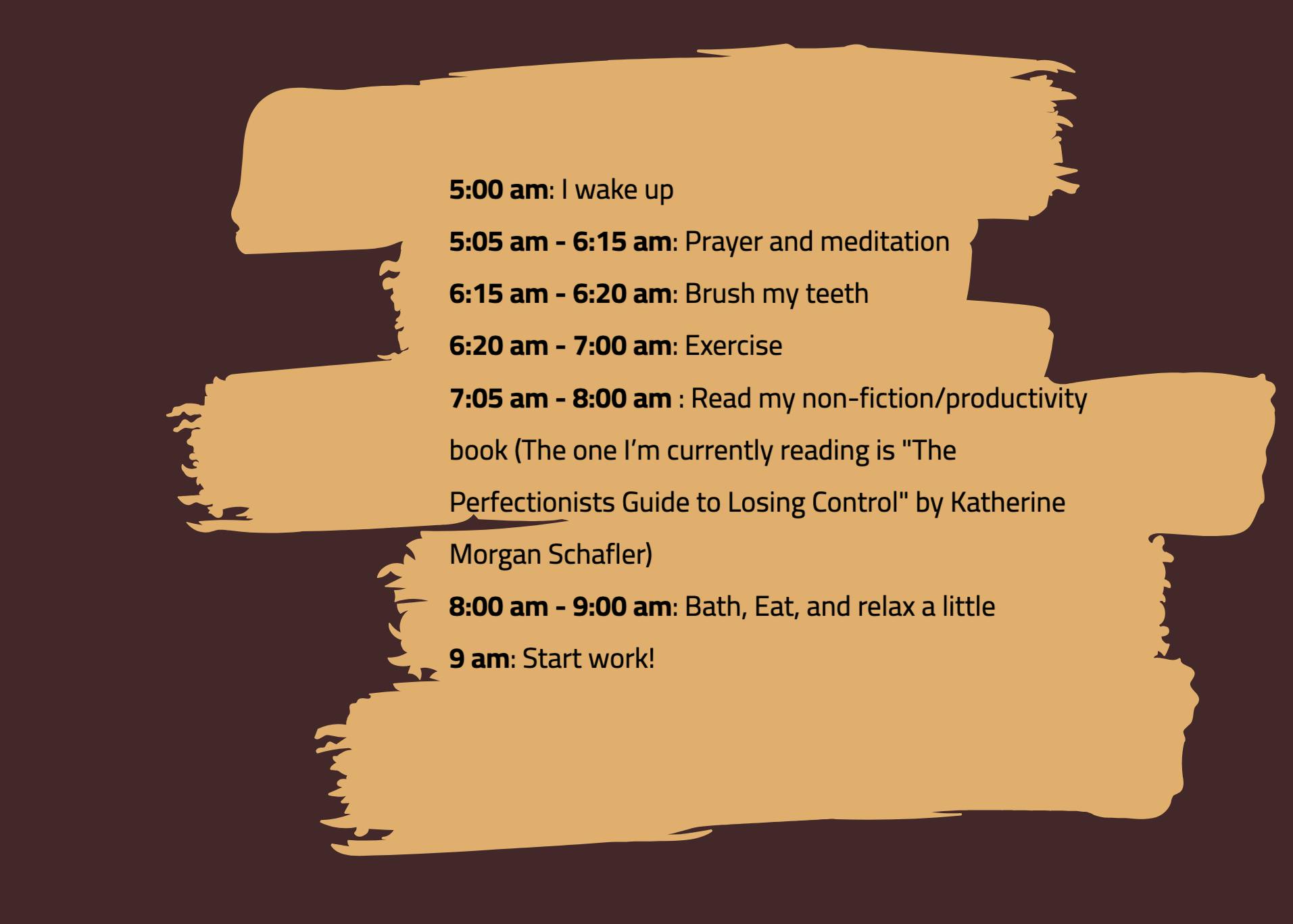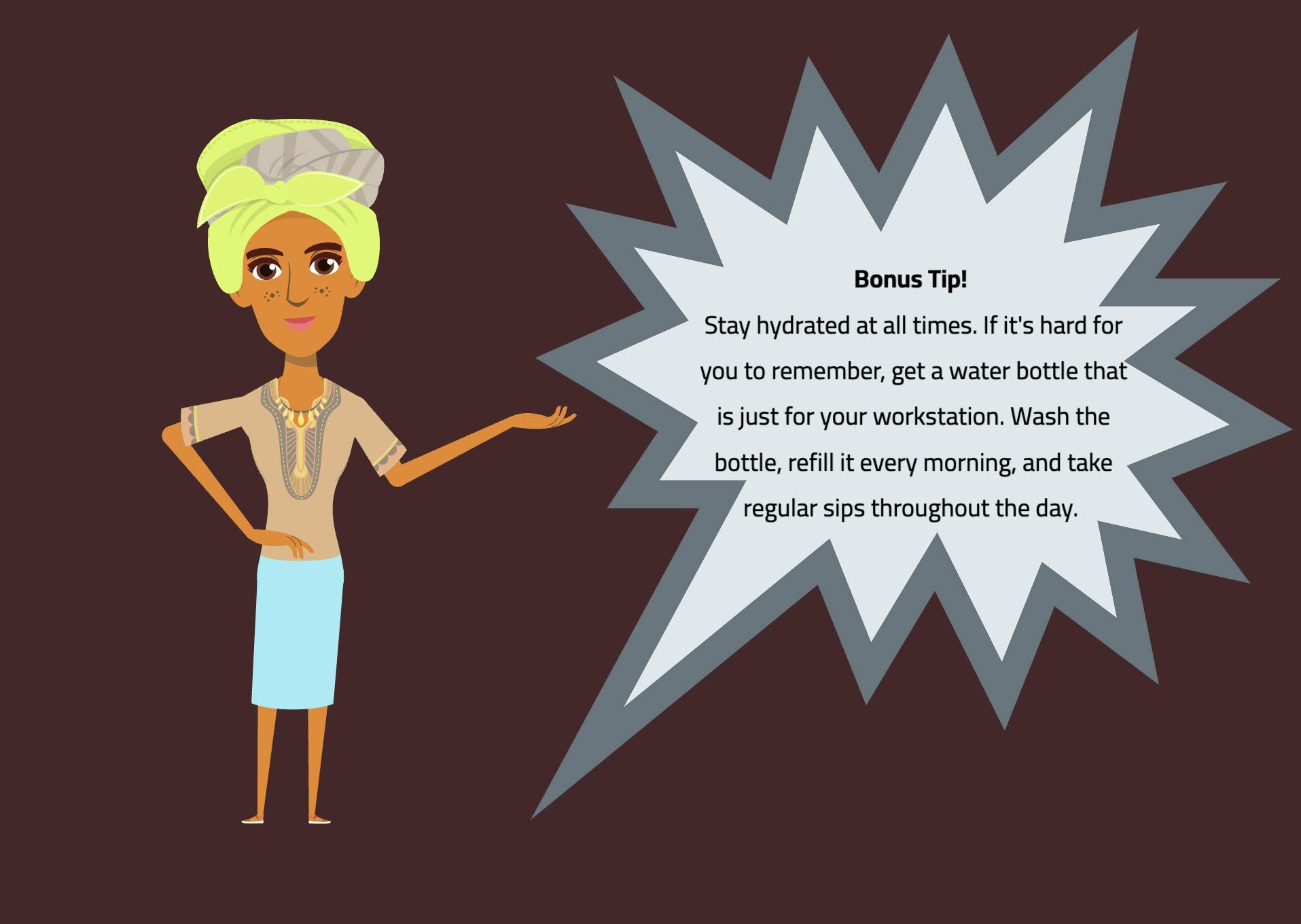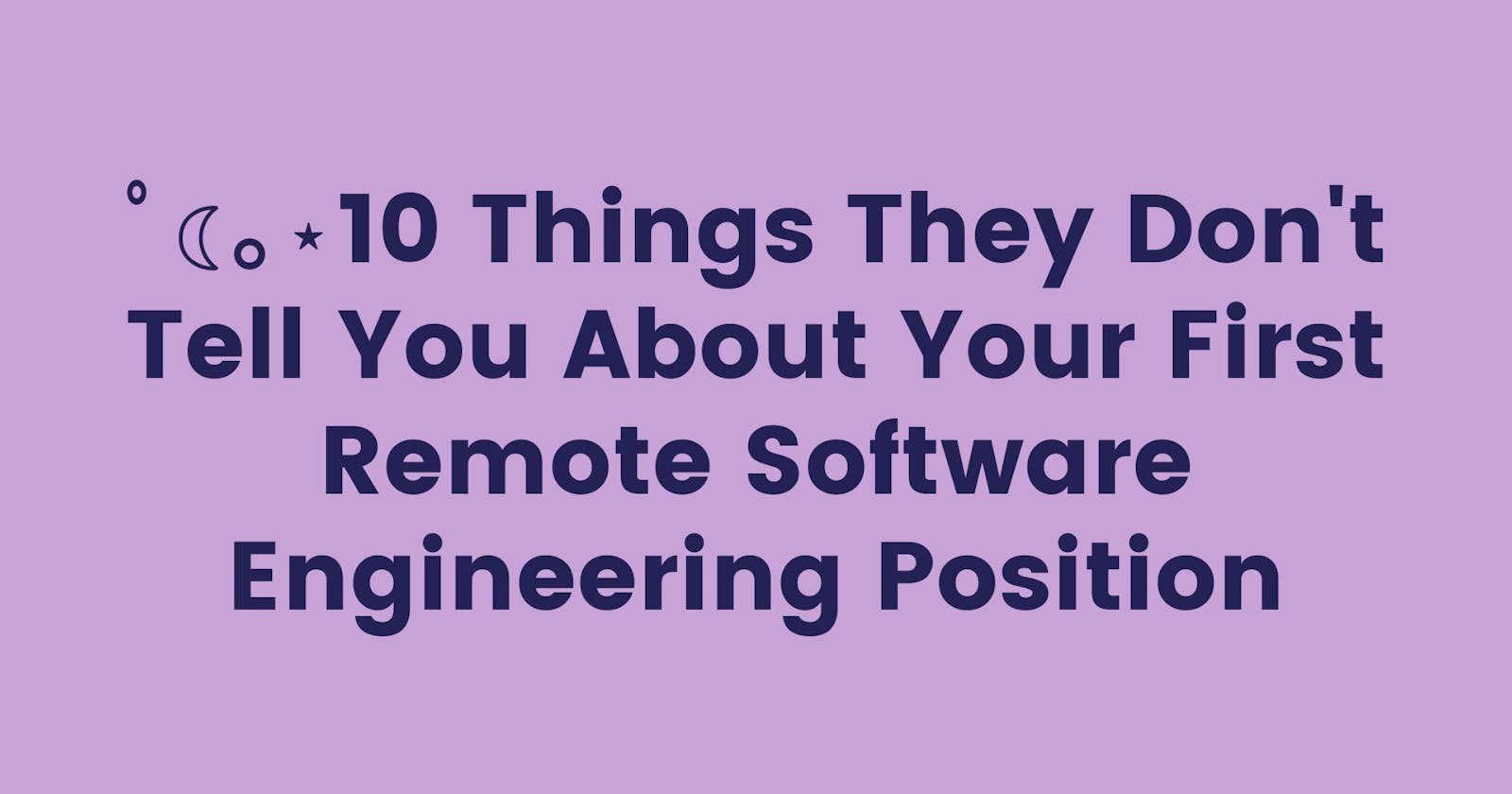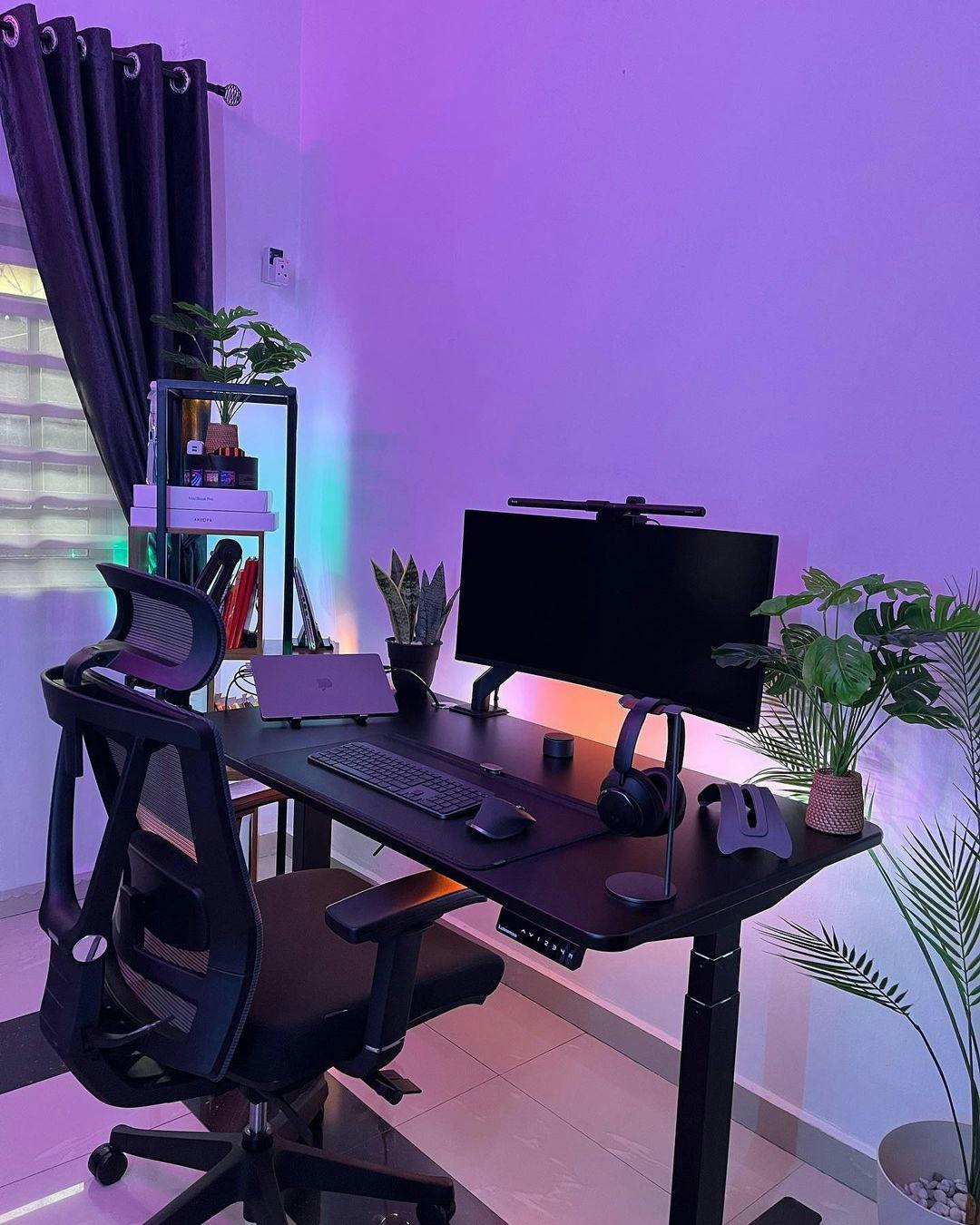10 Things They Don't Tell You About Your First Remote Software Engineering Position
Discover what it's really like to work remotely as a software engineer, with insights from someone new to the experience.
Table of contents
- You need a morning routine that works for you
- There are 24 hours in a day; make the most of your calendar
- Be a good communicator
- No matter how aesthetically pleasing your workspace is at home, sometimes you must change your scenery
- If possible, attend all meetings
- Be proactive when it comes to learning new skills
- Don't let your internet connection embarrass you, have a backup connection
- Take breaks tailored to your needs
- You're responsible for staying motivated without the physical presence of coworkers
- Work and personal life can blur very quickly
- Takeaway
- Additional Resources
I have never worked remotely as a software engineer. My previous experience included two part-time remote internships. Having them not interfere with school was a completely different experience.
Here are ten things I feel no one talks about when working remotely as a software engineer.
You need a morning routine that works for you
Don't just wake up in the morning and scroll through Instagram or TikTok for 30 minutes before opening your laptop and coding.
You should still treat your work like a job, even if you're in the comfort of your own home. Having a morning routine that works for you will help you feel energized and boost your energy for the day.
Currently, I follow the following morning routine:

This may seem a little intense to start with, especially if you've never had a morning routine before but this is what works for me at the moment and it gets me ready every day for work. If you’re struggling to find out what works for you, or just how to build a morning routine, here are some tips that may help:
Get at least seven hours of sleep every night to keep yourself well-rested.
Incorporate at least 10 minutes of exercise in the morning. It is so common for us to spend the majority of our days sitting at our desks, and this can lead to certain medical conditions such as blood clots. The longer you are immobile, the greater your risk of developing a blood clot.
Start your day with some silence to gather your thoughts.
In situations where your working hours are later in the day (say, late in the evening), you are not exempt from having a morning routine. Even though you may be asleep in the morning, setting up a routine before you start your shift is extremely important.
Get ready. I don't mean bath and then change into another set of pajamas, no. You should take a shower, brush your teeth, fix your house, shower, dress well, and spray your favorite perfume!
Treat your morning routine like your daily dose of self-care. It sets the tone for the day, helping you stay focused and energized throughout your work hours.
Remember to adjust your routine as needed to ensure it remains effective and beneficial.
There are 24 hours in a day; make the most of your calendar
Here is a simple and powerful way to look at our time in one day: There are 24 hours in one day - 8 hours to sleep, 8 hours to play, and 8 hours to work.
Now here’s a fun challenge for all of us: check your screen time and see how many hours daily you've spent on TikTok and Netflix and deduct it from your 8 hours of play. If you don't have little to no time left for playing, it shows that you need to work on your screen time. One way you can fully optimize your time is with your free tool called a calendar!
I know right, super basic.
For most of us, it’s Google Calendar! You can set time to work, time to work on that side project, time to see family and friends, time to go out, etc. Time is the one non-renewable resource that not even the greatest minds can create. Don’t let work consume you, and don't let your time slide by.
I am speaking to myself when I say this.
Be a good communicator
I think this one goes without saying - respond as soon as possible and send that Slack message or email as soon as you can/need to. Sometimes it does get distracting to respond to emails or messages as quickly as you get them.
You might want to set a time of day when you will respond to all messages (except for urgent messages that require a quick response). You can always reply to other messages a bit later, to avoid distractions and focus on your tasks.
No matter how aesthetically pleasing your workspace is at home, sometimes you must change your scenery
Working from home does have its perks, but no matter how lovely your home is, a time will come when your body and mind will itch for a new space.
You can go to a library or café nearby for even two hours a week. In times of low productivity or stagnancy in your work, this will be of great help to you. Sometimes, all you need is a change of scenery to code in.
If possible, attend all meetings
Yes, I know this one will ruffle some feathers since most people who work remotely advise avoiding meetings if possible. If you can, I recommend attending all team meetings so that you're up to date on ongoing projects, changes, and decisions. Additionally, it helps you build relationships with your colleagues and managers.
The truth is, there are times when you don't need to contribute, but for those times when you want to feel like you're in a work environment, it isn't bad at all.
Be proactive when it comes to learning new skills
Apart from the fact that tech layoffs can come creeping in at any day and anytime, it's always good for a developer to hone new skills and be proactive in learning.
For instance, you may be an Android developer who wants to learn graphic design; you can practice a few designs, read articles about it, and get better over time. Invest in things that will enhance your resume. Additionally, you can read newsletters, listen to podcasts, and watch YouTube videos to stay on top of tech news.
Adding reading non-fiction to the list of skills would be great. It could be any genre of non-fiction. Reading non-fiction develops your analytical thinking and increases your ability to concentrate. In addition to our software engineering careers, this could prove useful in many other areas.
Don't let your internet connection embarrass you, have a backup connection
A Nigerian software engineer needs no reminders that certain internet connections can't be used for working remotely. You know how it goes: You are in an important meeting and Google alerts you that the network is unstable, everyone's faces start to fade slowly, and deep down you silently hope that the connection stabilizes before any critical information or discussion is missed.
That shouldn't be your story.
This is when a second Internet provider comes in handy. I had to learn this hard way and let me tell you, it's not a fun place to be. It can get embarrassing so quickly, so just avoid it altogether.
Take breaks tailored to your needs
You’re allowed to take a 20-minute or 2-hour power nap - sometimes that is all you need to tackle that bug.
It's your job to work remotely; you get to reap the benefits of it. Sometimes, the best thing to do when you're feeling frustrated with those bugs is to take a nap.
Not only will naps give you a little timeout, but naps also offer various benefits such as increased alertness, slow brain aging, and boost creativity.
You're responsible for staying motivated without the physical presence of coworkers
I haven't physically worked in an office before, but from what I've seen and heard, the physical presence of coworkers helps. Every person is within the boundaries of an office or building, making them accessible to each other.
A workplace is not a place where you can simply "not feel the day" and sleep all day long. As you look around, you'll see others work.
In a remote setting, it is very different. You are alone. In my case, because everyone is thousands of miles away from each other, we can't physically meet. When you're in this situation, you have to stay motivated most of the time.
Everyone is motivated in different ways. Find ways to keep yourself on track, whether it's setting personal goals, creating a structured daily routine, or using productivity tools such as FocusAtWill that provide music to help you focus. Some people find motivation in setting rewards for themselves, while others thrive on setting challenges. Experiment with different methods to find what works best for you.
Work and personal life can blur very quickly
This is in line with the second point, which talks about taking advantage of your calendar. If you’re not organized and productive with your time, the line between work and personal life can blur fast, that is why setting boundaries is important.
The average workday lasts about six to eight hours. Make a list of the work stuff you want to complete each day and time each one. The majority of the time, you can get the job done within 6-8 hours if you don't get distracted by external factors, such as roommates, housemates, scrolling social media, and so much more.
Set a time for the day when you’re hyper-focused on your work and after that time, close your laptop for the day so you avoid overworking.

Takeaway
These are the 10 things many remote software engineers should talk about more often! Remember to take everything with a grain of salt, as this is my personal experience and advice.
Hopefully, this blog will be helpful to someone who hasn't started their first full-time remote job yet, or one who has and is still trying to figure out how to optimize their productivity or maintain a healthy work-life balance.
Share this blog with your colleagues, friends, and family who may find it beneficial.
Thank you for taking the time to read this!
˚ʚ♡ɞ˚ Ciao!
Additional Resources
How to find time for Everything with a full-time job by Ali Abdaal
How I manage my time - 10 Time Management Tips by Ali Abdaal
How Long Should Your Morning Routine Be by VeryWellMind
5 tips for a better remote-work-life balance by Jill Duffy at PCMag

